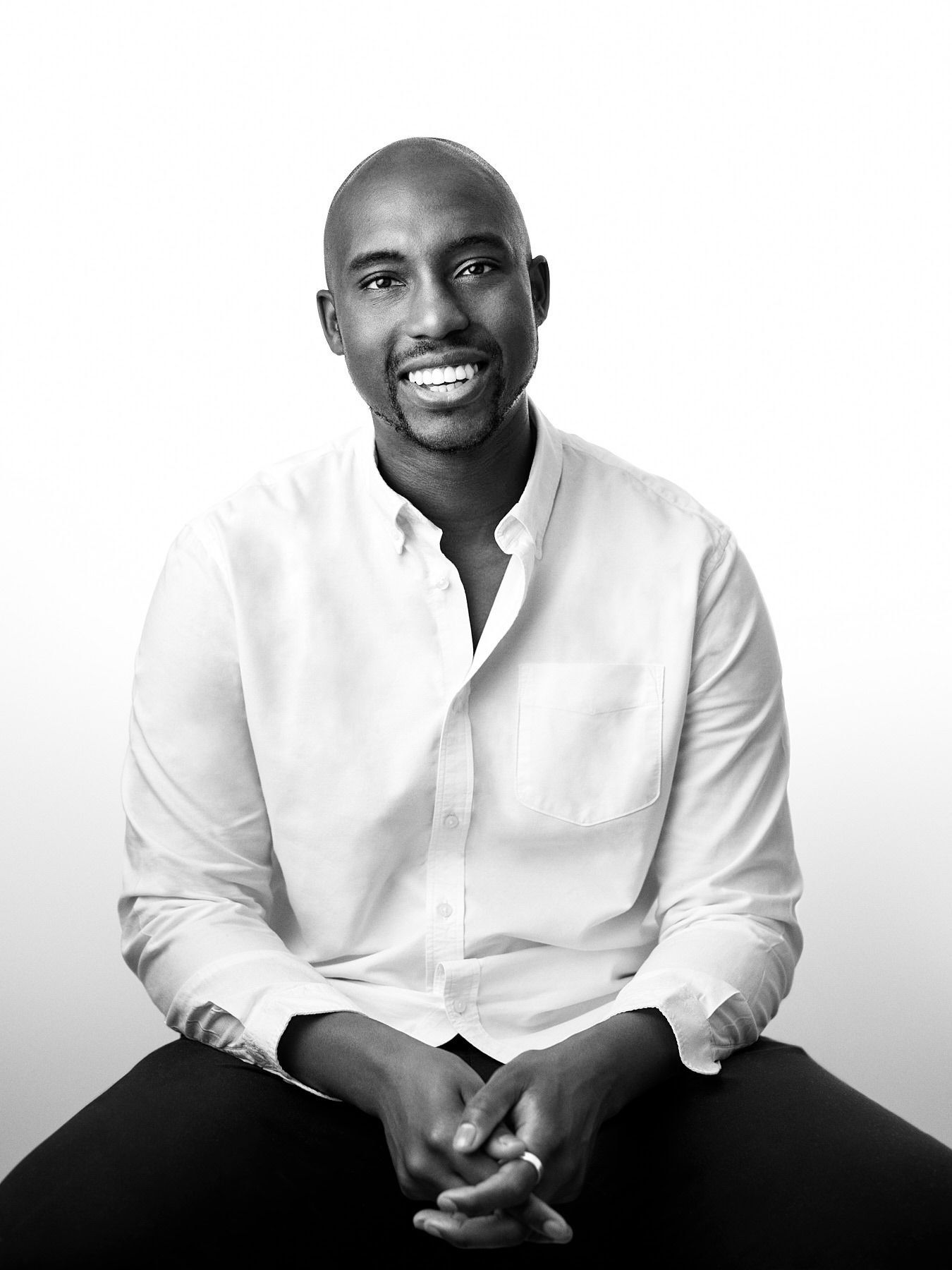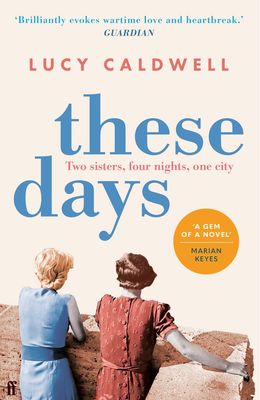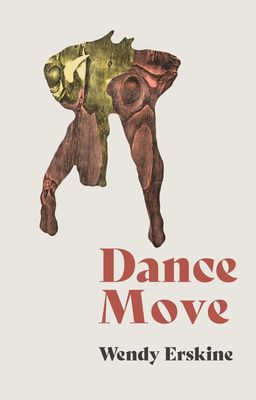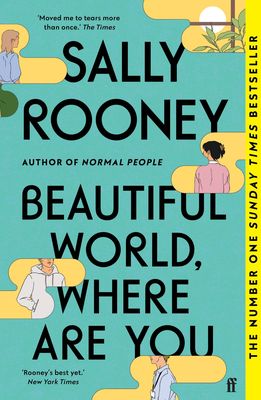ONE early afternoon in late July, I remedy the fatigue of a humidity-induced sleepless night with a double espresso the shade of tar. Promptly, I down it, proceed to consult my pocket-sized leather notebook, nod once in approval, then exchange it for my treasured copy of the best-selling winner of the 2021 Costa First Novel Award 'Open Water' – a romance and exploration of Black art, trauma and masculinity in modern Britain dripping with lyricism.
In less than a minute, I leave Armagh’s Market Place Theatre and Arts Centre café, ascend the stairs, and join a queue to a table. Now I am mere feet away from the novel’s author, the British-Ghanaian writer and photographer Caleb Azumah Nelson, who has just finished an hour long ‘In Conversation’ event where he was discussing his latest novel with The Raptures writer Jan Carson for the 36th John Hewitt Society International Summer School.
Published in May, Small Worlds is a British-Ghanaian musician’s coming-of-age tale set between the summers of 2010 and 2012. By elegant design, Nelson’s musical prose memorialises intergenerational Black-British experiences. From Peckham, South London, to Accra, Ghana, Nelson’s novel reads like a ceaseless song, the jubilant blast of Stephen’s trumpet a defiant scream into the abyss of racial inequality, gentrification and systemic violence.
Rather than surrender to de-humanising erasure, in celebration of the closely orbiting worlds of family, faith, camaraderie and love that they inhabit and ”build for [themselves]”, Stephen and his community surrender to themselves whenever they do “the one thing that can solve most of [their] problems”: dancing and music. This artistic expression provides ecstatic liberation and an understanding of what Nelson refers to as one's “internal rhythms”.
Following a brief exchange of anecdotes and praise for his work, a now autographed copy of Open Water in my hand, enthralled, I ask Nelson to describe what the concept of “internal rhythms” means to him; he replies: “I asked myself to really listen to myself, and listen to my own internal rhythms […]what it could mean to not only understand my rhythms, but try to break them as well.”







